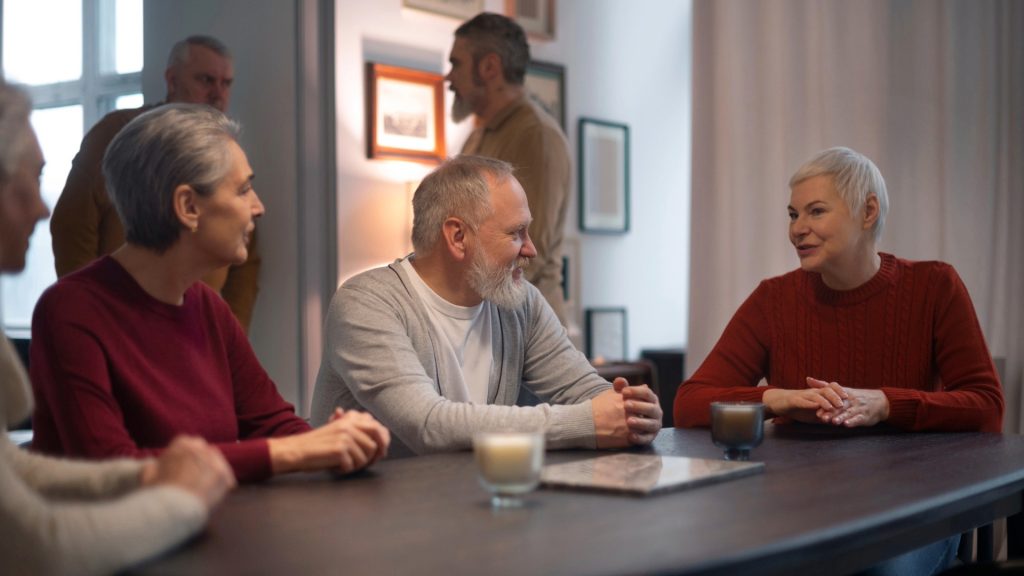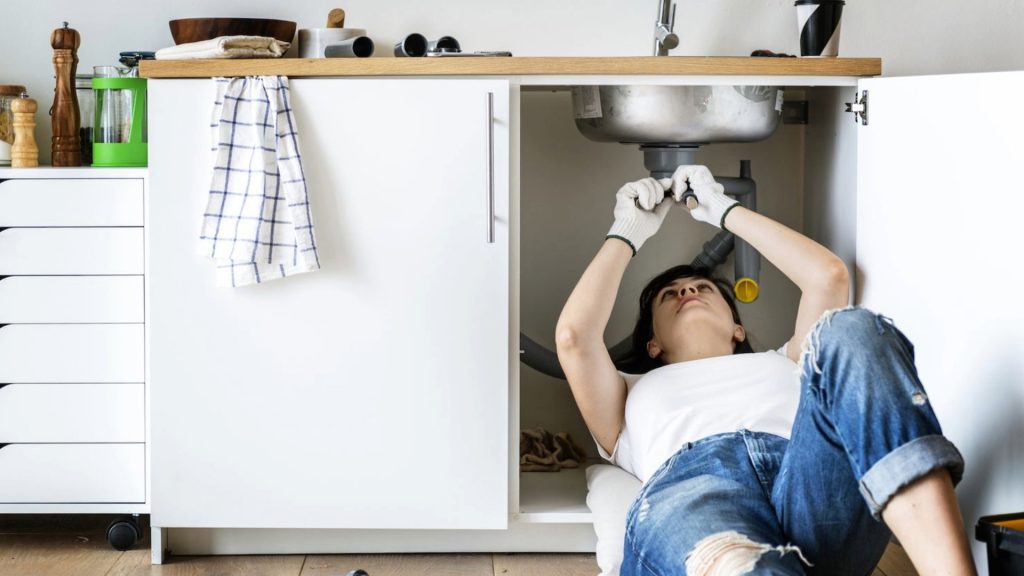Due to the state of the world’s economy, it’s no surprise that you want to build and secure your retirement savings. However, spending frugally to keep your retirement money can hurt your savings and retirement more than you think.
Frugal habits that make you underspend and forgo some things you love and need should be avoided. While they might seem practical on the outside, they give you no benefit in the long run. Read on to discover which frugal habits you can cut out of your life during retirement.
Stockpiling Coupons
Stockpiling coupons is one frugal habit that you can do without. While collecting coupons to save on food and other necessities is beneficial, it becomes excessive when you begin to collect coupons for what you don’t need or want.

Besides, redeeming coupons on items you don’t need is a surefire way to waste your money rather than save it. The best thing to do would be to limit your coupon collection to things that are necessary at that moment.
Doing Home Renovations Yourself
Being a retired senior citizen means you’re likely staying indoors and not working. This idleness could give you the idea to tackle home renovations yourself. The problem with this plan is that you’ll usually do more damage than good and cost yourself more money.

The solution would be to call a trusted expert to help you with whatever repairs or renovations you need. These experts can get the upgrades right without causing additional damage.
Skipping Quality Healthcare
The amount of money you need for healthcare increases as you age. However, the frugal habit of skipping quality healthcare for one that isn’t good enough in order to save money won’t help you in the long run. Neglecting good healthcare could lead to serious health complications in the future. This could result in you spending more on your health in the long run.

You can also take advantage of your co-pay to ensure you get good healthcare if you want to save on health insurance premiums. You have to prioritize your health because part of retirement planning is planning for your healthcare.
Sale Shopping
Buying things on sale is a great way to save money. But if you decide to get new home decor just because it’s on sale at the local market, you have to ask yourself: is it something you need, or are you just buying it due to the reduced price?

Therefore, before you decide to buy anything on sale, whether online or at the local retail store, ask yourself if you are impulse buying or satisfying a personal need. Retirement is a time to enjoy yourself and not clutter your home with unnecessary items.
Avoiding Social Events
Retirement usually means you’re not working anymore, so you have enough free time to go anywhere you want. However, you might want to avoid going out to save money. Well, this idea is one you should get rid of, as socializing with others will serve you well.

According to the National Council on Aging, loneliness and social isolation can increase elderly mortality by 50%. So, aside from improving your physical health, socializing will reduce your stress levels and eliminate feelings of loneliness. This could help you get a sense of meaning and purpose.
Postponing Home Maintenance
If you’re a homeowner, you understand that your house is an investment that costs you a lot of money. Therefore, it is crucial to maintain your home regularly.

Putting off any regular maintenance in your home to be frugal can cost you more money due to repairs in the future. By taking home maintenance seriously, you can extend its lifespan and prevent significant damage.
Forgoing Quality Food
As you age, nutrition is critical to staying healthy and fit. It might be tempting to say you want to skip healthy, quality food and stick to dollar menus to save money. However, this could be detrimental to your health.

The long-term health effect of eating a poor-quality diet is one you cannot handle. Besides, senior citizens are at a higher risk of dying or getting hospitalized as a result of foodborne diseases. This is why you must ensure your meals are rich in nutrients so you can enjoy your retirement in good health.
Driving Several Miles To Get Cheaper Gas
This is another frugal retirement habit that doesn’t pay off. While it’s good behavior to save all you can, traveling several miles to get cheaper gas could cost you more money than saving it. The amount of money you would save to get the cheaper gas is not worth the wear and tear it would have on your health and car.

Not only do such trips take up all your energy and time, but they also cost you more money down the line. The best thing is to focus on expenses that directly impact your finances.
Not Getting A Pet
During your retirement, you might view owning a pet as an expense you can do without. However, as an animal lover, should you deprive yourself of the love and companionship of a pet just to save a few bucks? Also, getting a pet is a great way to fight loneliness as a retiree, as studies showed that 87% of people feel better after spending time with their pets.

Pets help foster your relationships with others, and as we’ve discussed earlier, socializing is good for you. You’re 60% more likely to get to know people in your locality if you own a pet.
Choosing Low-Quality Items
One of the most significant factors in frugal spending is choosing generic or low-quality versions of items you need or want to save money on. While this is an effective saving technique, is it worth compromising on your favorite items?

The problem with getting generic items is that you might have to replace some of them frequently, which defeats the purpose of saving. In fact, some of these low-quality items are not as good as the originals. Hence, it is penny wise pounds foolish to save a little on the initial cost only to spend more to replace said items.
Neglecting Your Hobbies
Retirement is a time to reap the rewards of your working years. One of the ways you can do that is by doing things that bring you joy. These can be hobbies you’ve had before retiring or new ones you’ve picked up.

Some of these hobbies could involve you dipping into your pockets, and you might be tempted to stop altogether to save cost. However, this trade-off might not be beneficial to you because you’d be sacrificing activities that give you joy and keep you rejuvenated to save money.
Prioritizing Cheap Labor
When you need repairs done in your house that you can’t handle yourself, it can be tempting to prioritize people with lower charges. However, basing your decision on cost alone could backfire since low cost could mean getting poor quality of service. Which could result in additional charges incurred from hiring qualified professionals to fix the errors made.

Therefore, before hiring anyone for your repairs, weigh your options and seek opinions from others. Get feedback from those who have hired them and can guarantee they will do a good job.
Visiting Several Retail Stores
This habit of going to several stores to make different purchases, all in the name of spending frugally, is one you must avoid as a retiree. Not only will it waste your time, but it will also drain your energy.

Rather than waste time doing that, it might be better to go to a local retail store that provides senior discounts. Doing this will help you save money, energy, and time.
Forgoing Appropriate Insurance Coverage
Insurance coverage might seem like an expensive investment, but they are necessary. You’ll likely be faced with more out-of-pocket expenses without adequate insurance coverage for your home, health, life and cars.

Insurance provides a safety net that you can rely on when things go bad. Therefore, you must ensure you are adequately insured to prevent high costs when unforeseen circumstances occur.
Bulk Buying
Buying something in bulk is unnecessary if you don’t use it all before it spoils or expires. For example, purchasing perishable food in bulk just because you want to save money doesn’t bode well.

This is because most of them will spoil before you use them. It could also result in you hoarding unnecessary things around you, making your environment unsanitary and increasing the risk of falls and health issues. The best thing would be to buy only the necessities so your items won’t go to waste.
Balancing Retirement and Frugality
Being frugal in retirement is not bad, but you must learn where to draw the line. Knowing the difference between being moderately frugal and being frugal to the point where it becomes cheap is the key to not compromising your general well-being while getting the best out of your retirement years.

This means you’ll have to make economically conscious choices without being a penny-pincher. By doing this, you’ll find the right balance between frugality and retirement.
Final Remarks
There you have it – 15 frugal habits that don’t pay off for senior citizens. While we acknowledge the fact that you might save a few pennies from these habits, it’s also true that the financial benefits can be insignificant in the grand scheme of things. Especially, when you consider the fact that you mostly have to sacrifice not living the way you’d enjoy to maintain a frugal lifestyle.

As a senior citizen, your retirement days should be enjoyable and relaxing. There’s nothing wrong with being frugal during this period, but knowing which areas to focus on makes all the difference.






